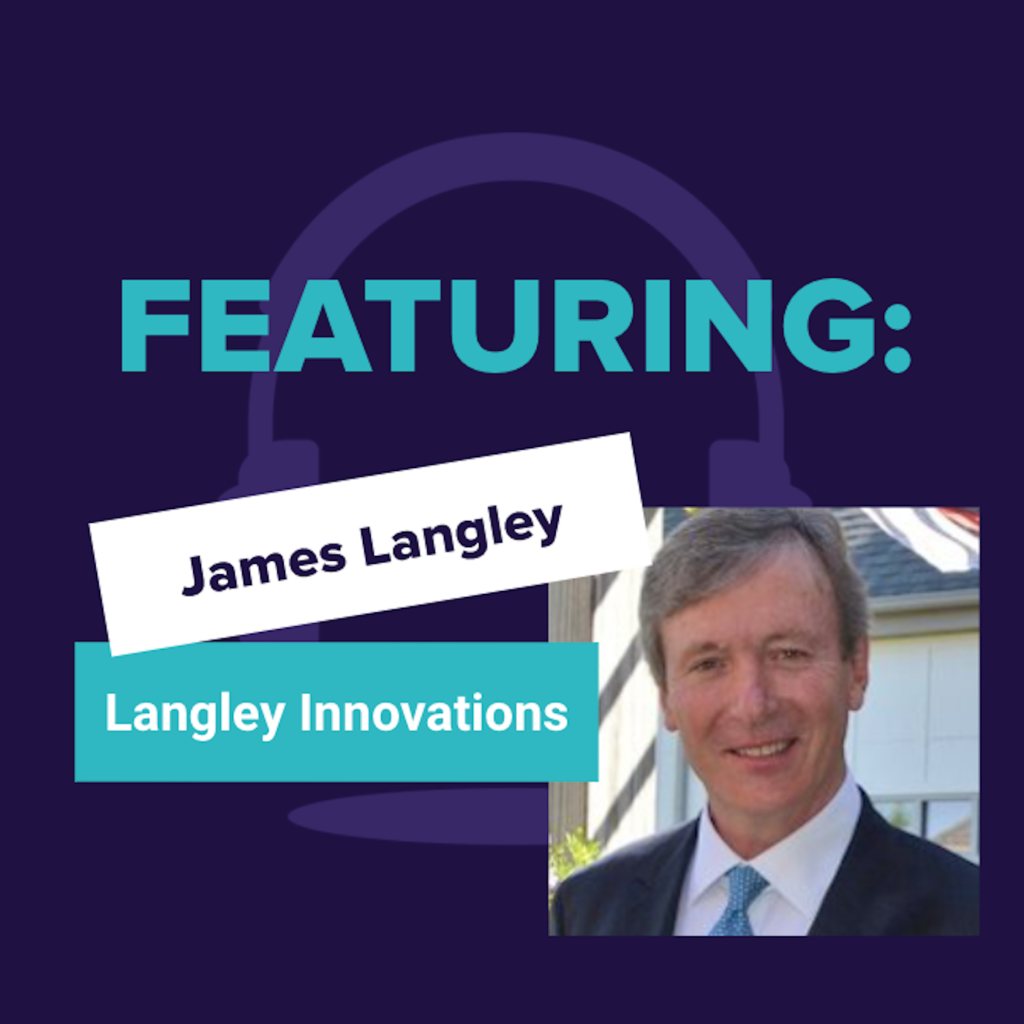On this episode of the RAISE podcast, Brent sits down with an Advancement Great. Jim Langley is the President of Langley Innovations, a title he earned after 30 years in the higher ed advancement space. Check out this recap featuring our favorite takeaways from the episode, and how to tune in yourself!
Here are some highlights from the episode…
There is an important difference between asking for gifts and projecting ROI.
When soliciting a prospect, we should act like the organization is deserving of that investment.
There are regional differences in philanthropic behaviors.
Think about the difference between saying “We need more,” versus, “Here’s all the additional things we could do to serve our students.”
We tend to be too focused on the apples, especially in annual giving. We should instead stay focused on planting more trees that will bear fruit for many years to come.
Ingratiation is not effective fundraising. Forget how you feel. You are representing your organization.
Annual giving must become more about annual difference-making.
Every advancement professional should study K-State’s approach to solving a problem on campus.
Major donors across the country are saying that they feel more than adequately thanked by their alma mater, but they would like to know more about the difference that they made.
The church community focuses on lifting hearts and spirits. So, when the basket comes around, people are excited to contribute to the place that welcomes and supports them. How can we replicate this feeling in our alumni communities?
About Jim…
Jim Langley was a “different type of Bearcat” since he enrolled in his undergraduate degree at the University of Cincinnati. He worked for a moving company for two years to save up for college. He was stationed in Germany for two years in the army during the Vietnam war. And, he was married at the age of 20. In short, he was a more mature student, and a much more serious one as the result of his practical knowledge and worldly experience.
After graduating, Jim tried his hand at teleplay writing in LA. He loved literature and content creation, but eventually realized that the freelance writer lifestyle wouldn’t make ends meet for his new family. He applied to a job as a Staff Writer at Georgia Tech. His resume credentials were weak, but his writing sample included a memorable story about a Georgia Tech alumna. His ability to tell a story and to convey his care for the human condition was what got him the job. His career skyrocketed from there, and only eight years later, he was Vice President of External Affairs.
Jim’s writing portfolio launched his career. Reflecting on this, he encourages everyone to write about what they care about, what they’re curious about, and develop their own writing portfolios. Writing will help to round out your opinions and establish your voice. And, you’ll have content to pull from for job applications, professional presentations, or to add your voice to conversations on LinkedIn that are shaping the future of the field.
On this episode of the podcast, Jim reminds us that folks both crave and can detect authenticity. So, when you’re writing, presenting, or communicating with colleagues and donors, dig deep and be true to yourself. Jim follows his own advice and shares a story of his most embarrassing donor experience during which he confidently asked a well-cultivated prospect for a $1M investment. The prospect nearly spit out his sip of tea, and then proceeded to giggle uncontrollably for an extended period of time.
Not exactly one of the moments that wins a CASE award, but it’s real!
NB: 14 months later, the prospect walked into Jim’s office unannounced and said he was ready to make a $1M donation.
On this episode, Jim invokes advice from his mother about standing up straight and squaring your shoulders, no matter what you’re feeling. When making joint solicitations with University presidents or deans, Jim often noticed that they would hunch or slump awkwardly during the ask. Jim respectfully reminded them that when you ask for money for the organization, your demeanor, including your posture, should indicate that the organization deserves it.
Of all the gems of wisdom that Jim shares on this episode, perhaps his most helpful is his step-by-step explanation of his LinkedIn post on weak versus strong fundraising practices. He talks crying need vs. offering hope; schmoozing prospects vs. developing partnerships; requesting operational support vs. investing in high-impact initiatives; asking for gifts vs. projecting ROI; soliciting nice round numbers vs. providing carefully crafted budgets; playing to the ego vs. satisfying donors’ desires to make differences; and ingratiation vs. expressing gratitude and demonstrating impact.
Thank you, Jim, for showing us the way on this episode of the RAISE podcast. We have so much to learn from you!
Join the conversations with Jim on LinkedIn. And check out his latest book, “The Future of Fundraising: Adapting to Changing Philanthropic Realities,” available on the Academic Impressions website and through Amazon.
